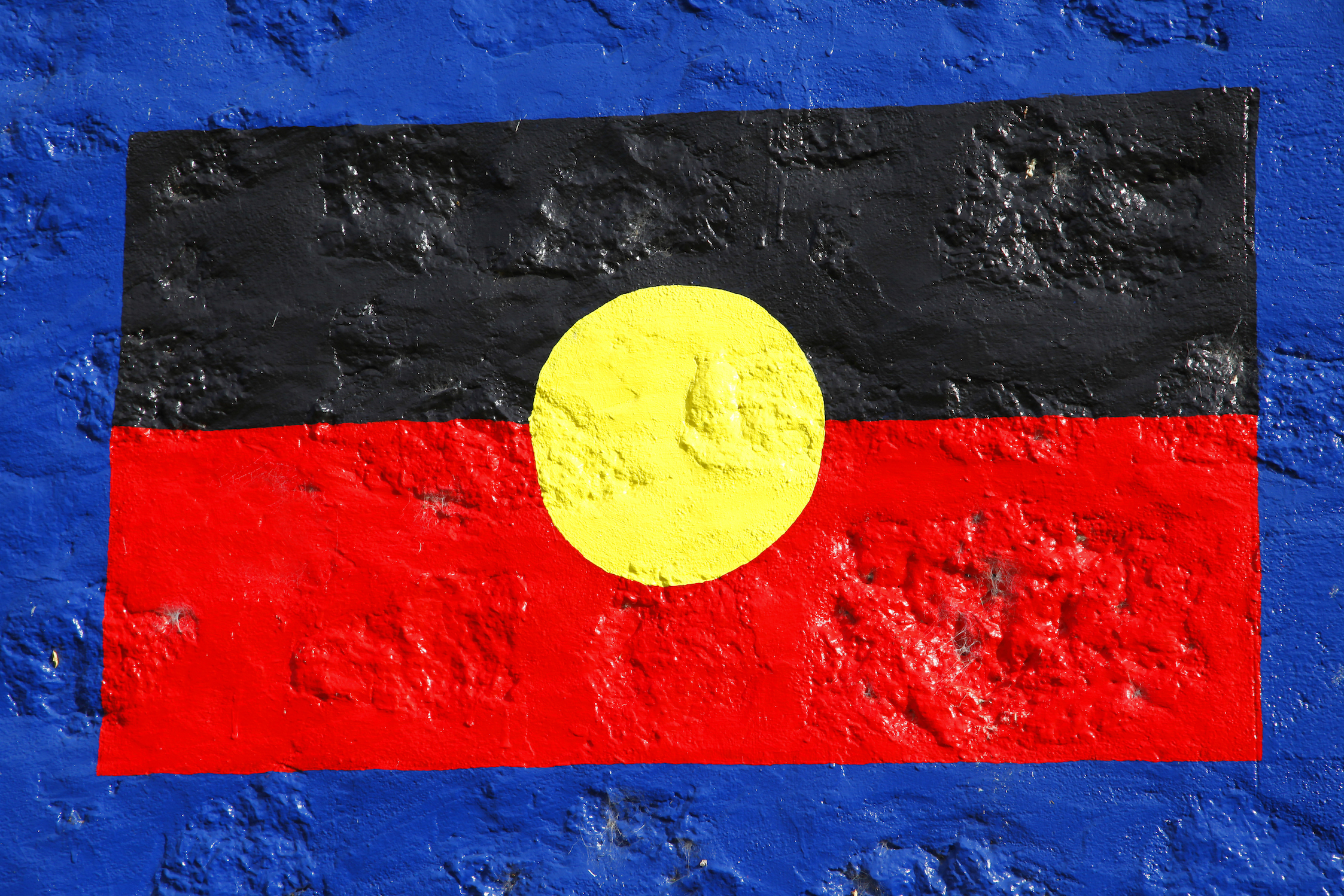
Politics & Society
The Uluru Statement from the Heart: Why I have hope

What are the best legal avenues for moving beyond rhetoric about Indigenous self-determination, to genuine action and empowerment?
Published 3 September 2018
The right to Indigenous self-determination and recognition feature prominently in debates in Australia and indeed around the world.

Politics & Society
The Uluru Statement from the Heart: Why I have hope
In this episode of the Policy Shop, New Zealand Māori constitutional lawyer, Dr Moana Jackson and Dr Shireen Morris, a McKenzie Postdoctoral Fellow at the Melbourne Law School, consider questions about treaties versus constitutional recognition and ask how we might move beyond rhetoric on community engagement.
Episode recorded: 25 July 2018 Producer: Ruby Schwartz Audio engineer: Gavin Nebauer
Series Producer: Eoin Hahessy
Banner image: Getty Images
Subscribe to The Policy Shop through iTunes.